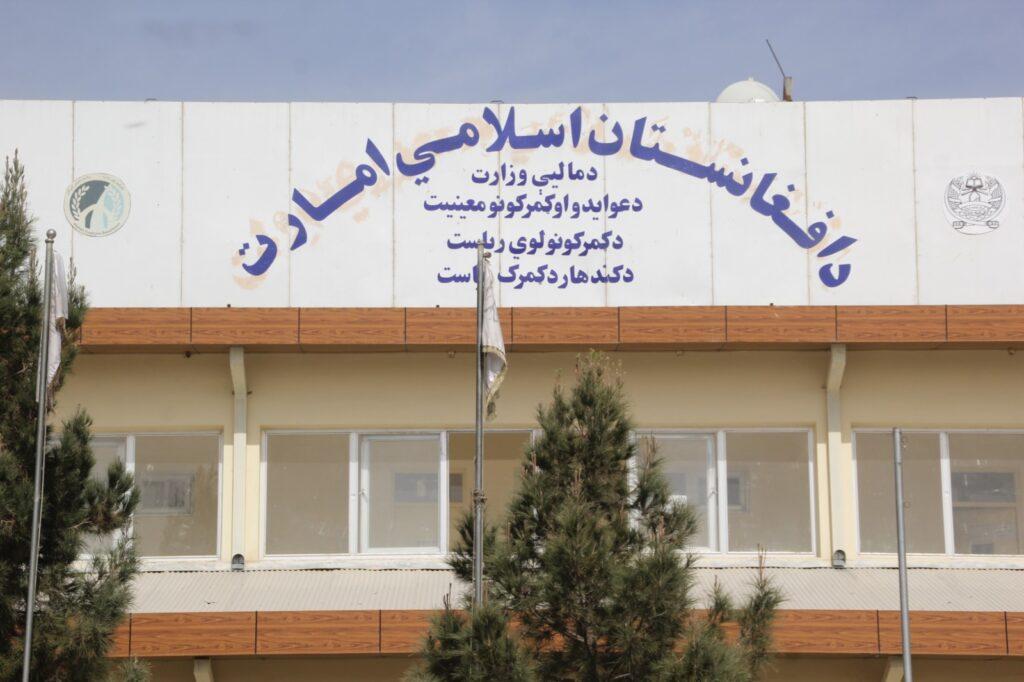KANDAHAR (Pajhwok): Customs officials in southern Kandahar province have rejected traders’ claims that their medicine imports are delayed for months due to the protracted process . . .
You need to subscribe to view the full article. Please login or register a new account.







GET IN TOUCH
NEWSLETTER
SUGGEST A STORY
PAJHWOK MOBILE APP